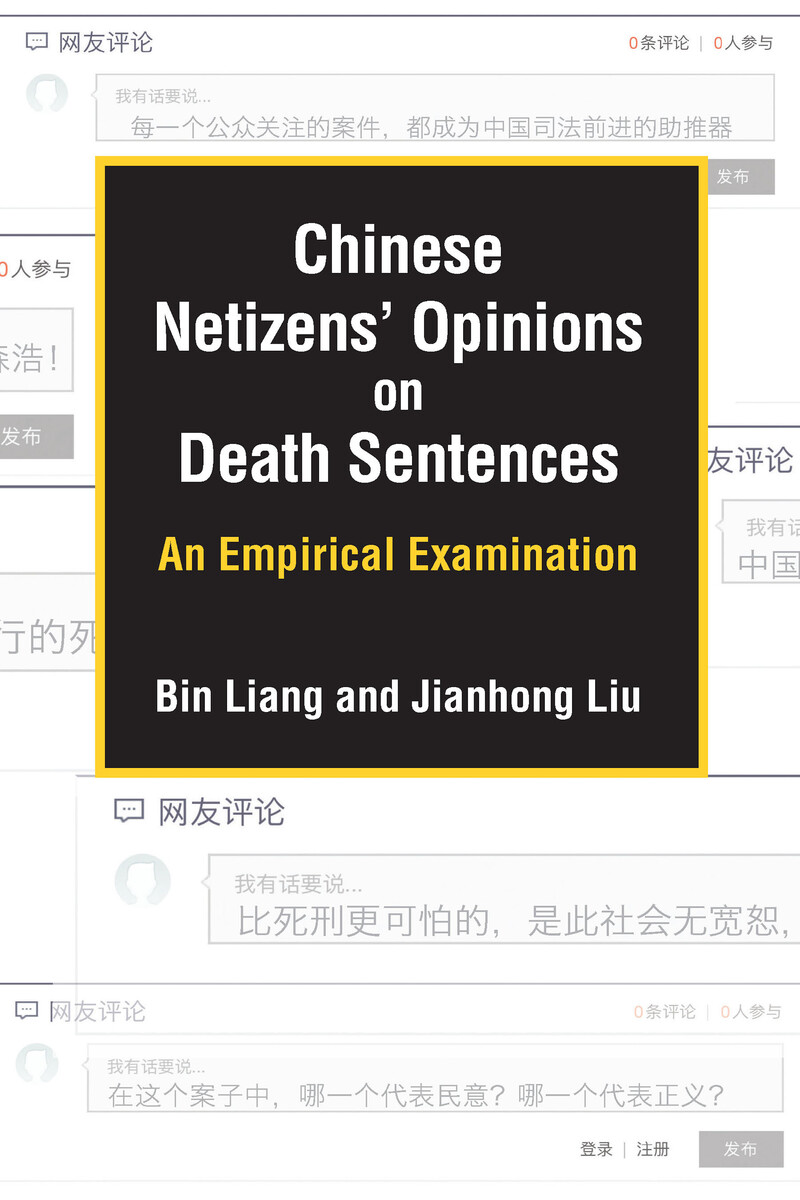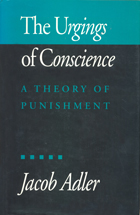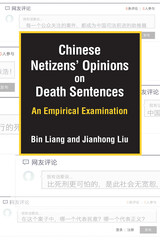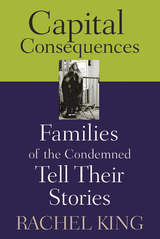Cloth: 978-0-472-13269-0 | eISBN: 978-0-472-12928-7 | Paper: 978-0-472-03873-2
Library of Congress Classification HV8699.C6L53 2021
Dewey Decimal Classification 364.660951
Few social issues have received more public attention and scholarly debate than the death penalty. While the abolitionist movement has made a successful stride in recent decades, a small number of countries remain committed to the death penalty and impose it with a relatively high frequency. In this regard, the People’s Republic of China no doubt leads the world in both numbers of death sentences and executions. Despite being the largest user of the death penalty, China has never conducted a national poll on citizens’ opinions toward capital punishment, while claiming “overwhelming public support” as a major justification for its retention and use.
Based on a content analysis of 38,512 comments collected from 63 cases in 2015, this study examines the diversity and rationales of netizens’ opinions of and interactions with China’s criminal justice system. In addition, the book discusses China’s social, systemic, and structural problems and critically examines the rationality of netizens’ opinions based on Habermas’s communicative rationality framework. Readers will be able to contextualize Chinese netizens’ discussions and draw conclusions about commonalities and uniqueness of China’s death penalty practice.
See other books on: Capital punishment | Criminal justice, Administration of | Death Sentences | Online social networks | Public opinion
See other titles from University of Michigan Press





























